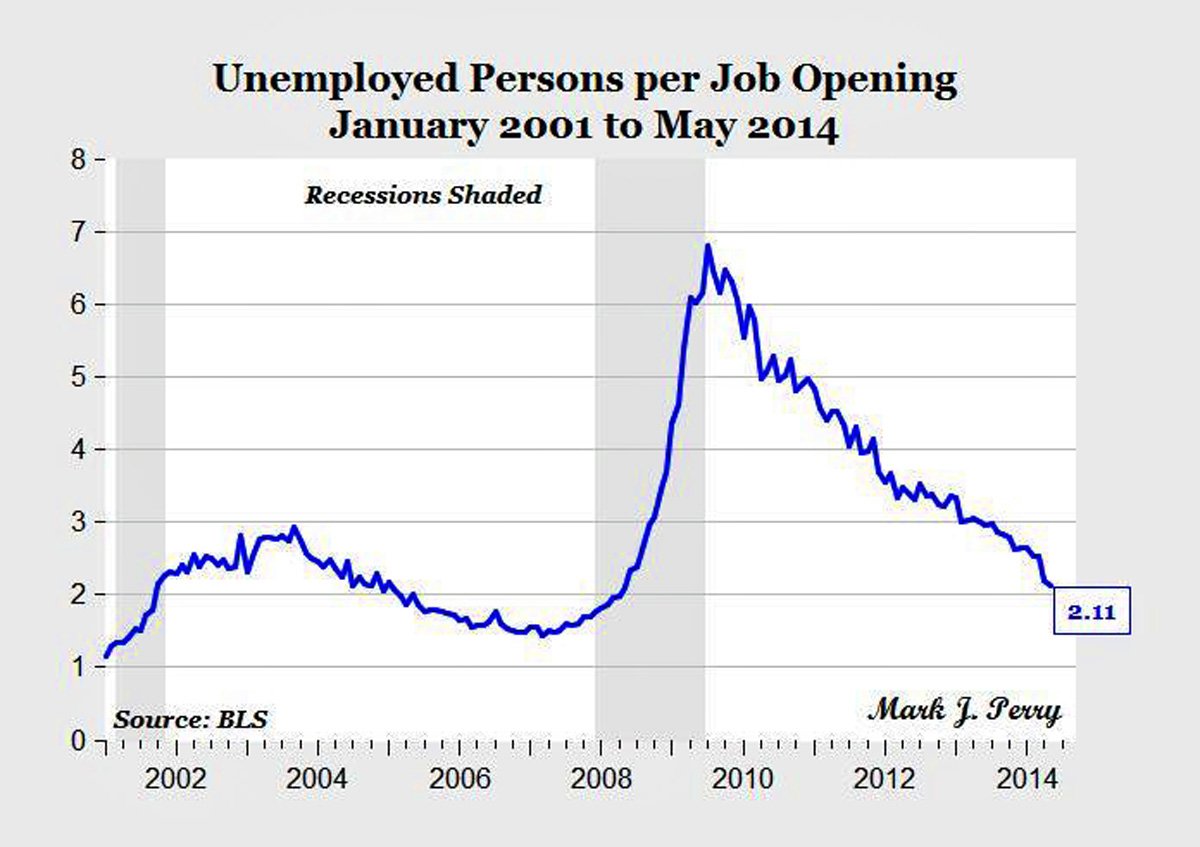The German men's national team won the World Cup with a 1-0 victory over Argentina yesterday, completing a march to the title that at times seemed almost incredible and surreal, (their 7-1 demolition of host nation Brazil in the semifinal), and absolutely workmanlike (the title match, their group stage tussles with Ghana and the USA).
But no matter how any individual game for the Germans developed, in the end they were always able to find the right combination of talent, strategy and tactics, and individual moments of inspiration and excellence needed to raise the most prized trophy in all of world sports. For US fans, continuing to warm up to the highest levels of a sport that almost (it seems) every American child has played at least some in the last 20 years, watching the German team in this World Cup had to be at least somewhat reminiscent of the recent San Antonio Spurs NBA Championship. 
While there were certainly some differences between the two team's achievements, the similarities, at least to me were pretty clear, and might (apologies in advance to anyone already sickened by 'What can we learn about career management/leadership/workplaces from LeBron James returning to Cleveland' posts), I as a member of the 8 Man Rotation feel obliged to call out a few keys to both of these victories, and to take a stab at what broader application might be found therein.
Talent and system are not the same as culture, (and are more important) - Tim Sackett had a great take at Fistful of Talent last week about 'system' hiring and it is well worth a read. Both the Spurs and Germany 'play the right way', i.e., organize their players and approach the game in a particular way in that each player understands their role, and how it contributes to the overall goals of the team. While each team has recognizable and extremely successful individual players, (Duncan and Parker on the Spurs, Muller and Klose for Germany), none of the games and the strategy ever seemed to be about these individuals. From beginning to end each team approached and played the games as a team. Not once in the NBA Finals or in the World Cup late stages did I recall hearing any commentator say something like 'The Spurs (or Germany), will only go as far as player XYZ takes them.' It was always a team effort, not one that relied on one or two talents. In fact, many of the players on the Spurs for sure, probably only succeed because they are in the Spurs system, and they have found the right fit for their talent.
In the long run, discipline and belief trumps emotion - In the pre-game of the World Cup semifinal the home team Brazil had cranked up the emotional meter to 11 - they had 70,000 fans behind them, they 'felt' like it was their destiny to win on their home soil, and even held up the jersey of their injured and unable to play star Neymar in the pre-game line-up. It would have been easy for Germany to succumb to that emotional and psychological pressure, and give up and early goal or two. Instead, the German side stuck to their plan, withstood the first 10 minutes or so of Brazil's efforts, and then set on a goal scoring flurry not seem ever before in a World Cup semifinal. Similarly, in the final game of the NBA Finals, the two-time defending champion Miami Heat jumped out to an early lead against the Spurs, only to find the Spurs back to just about even by halftime, as the Spurs system and discipline proved more that Miami could match. When you have a system, and the right talent that has bough in to the system, then the lesson is to stick with it, don't panic when your opponent seems to have the upper hand, and double down on what you know will be successful in the long game.
Most of us are really bad at evaluating talent - The Spurs had the NBA's best regular season record. The German side are full of top-level players from the world's most famous clubs. Yet neither was favored to win their respective championships prior to the final series or game. The Heat, with best player in the world LeBron James, and Brazil with their history of success (and home nation status), were expected to lift the trophies that ended up being held by the Spurs and Germany. We kept looking for excuses why the Spurs or Germany could not win (the Spurs were too old, Germany had not won the World Cup in 20+ years, and never outside of Europe), that we let ourselves be fooled. Even the leaders of these great teams might not understand talent completely. The World Cup winning goal was set up and scored by two players that were not even in the starting team of 11. I think this is is often the same thing that occurs in day-to-day talent assessment and evalution. We are trained to look for the reasons why someone won't or can't succeed, instead of focusing on the things that they are talented and strong at, and thinking about ways to leverage the skills they have.
Bottom line - Spurs = Germany = a great way to think about how systems and strategy lead you to find the right talent you need to succeed.
Look for more sports takes later in the week, (I know you can't wait), from the NBA Summer League in Las Vegas.
Have a great week!


 Steve
Steve


